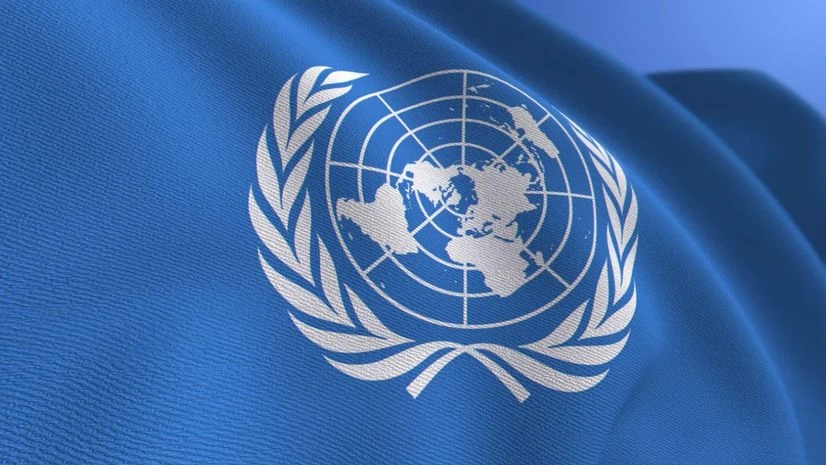When more than two dozen world leaders deliver remarks at the United Nations' annual climate conference on Wednesday, many are likely to detail their nations' firsthand experience with the catastrophic weather that has come with climate change.
That could include Pakistan Prime Minister Shehbaz Sharif, whose nation has seen deadly flooding this year from monsoon rains that scientists say have become heavier with climate change. Just two years ago, more than 1,700 people died in widespread flooding. Pakistan has also suffered from dangerous heat, with thousands of people hospitalised with heatstroke this spring as temperatures soared to 47 degrees Celsius.
Also on the list of speakers Wednesday is Bahamas Prime Minister Philip Edward Davis. Like many other countries in the Global South, the Bahamas has piled up debt from warming-connected weather disasters it did little to cause, including Hurricanes Dorian in 2019 and Matthew in 2016. Leaders have been seeking help and money from the Global North and oil companies.
Greece's prime minister Kyriakos Mitsotakis is also on the list. Along with the rest of southern Europe, his nation this summer was hammered by successive heat waves after three years of below-average rainfall. In Greece, the misery included water shortages, dried-up lakes and the death of wild horses.
Leaders from Italy, Tuvalu, Russia, Morocco, Congo, and the secretary of state of the Holy See the government of the Catholic Church are among others scheduled to speak.
Plenty of big names and powerful countries are noticeably absent from COP29 this year. That includes the 13 largest carbon dioxide-polluting countries a group responsible for more than than 70 per cent of the heat-trapping gases emitted last year. The world's biggest polluters and strongest economies China and the United States didn't send their No 1s. Neither did India and Indonesia.
More From This Section
But UK Prime Minister Keir Starmer was there, and he announced an 81 per cent emissions reduction target on 1990 levels by 2035, in line with the Paris Agreement goal to limit warming to 1.5 degrees Celsius above pre-industrial times. That's up from the 78 per cent the UK had already pledged.
The main focus of this year's talks is climate finance wealthier nations compensating poor countries for damages from climate change's weather extremes, helping them pay to transition their economies away from fossil fuels and helping them with adaptation.
Wednesday's agenda also includes an update on the Fossil Fuel Non-Proliferation Treaty, an idea modeled on predecessor treaty movements that sought to build international support for controls on nuclear weapons, plastic pollution and chemical weapons. Supporters say the treaty could help stop the expansion of climate-causing fossil fuel production, create a plan to fairly phase out oil, gas and coal and accelerate the transition to renewable energy.
The idea has been endorsed by countries and groups including Fiji, Colombia, Vanuatu and the Solomon Islands, Indigenous nations in Peru, the World Health Organisation (WHO) and the European Parliament.
(Only the headline and picture of this report may have been reworked by the Business Standard staff; the rest of the content is auto-generated from a syndicated feed.)

)
